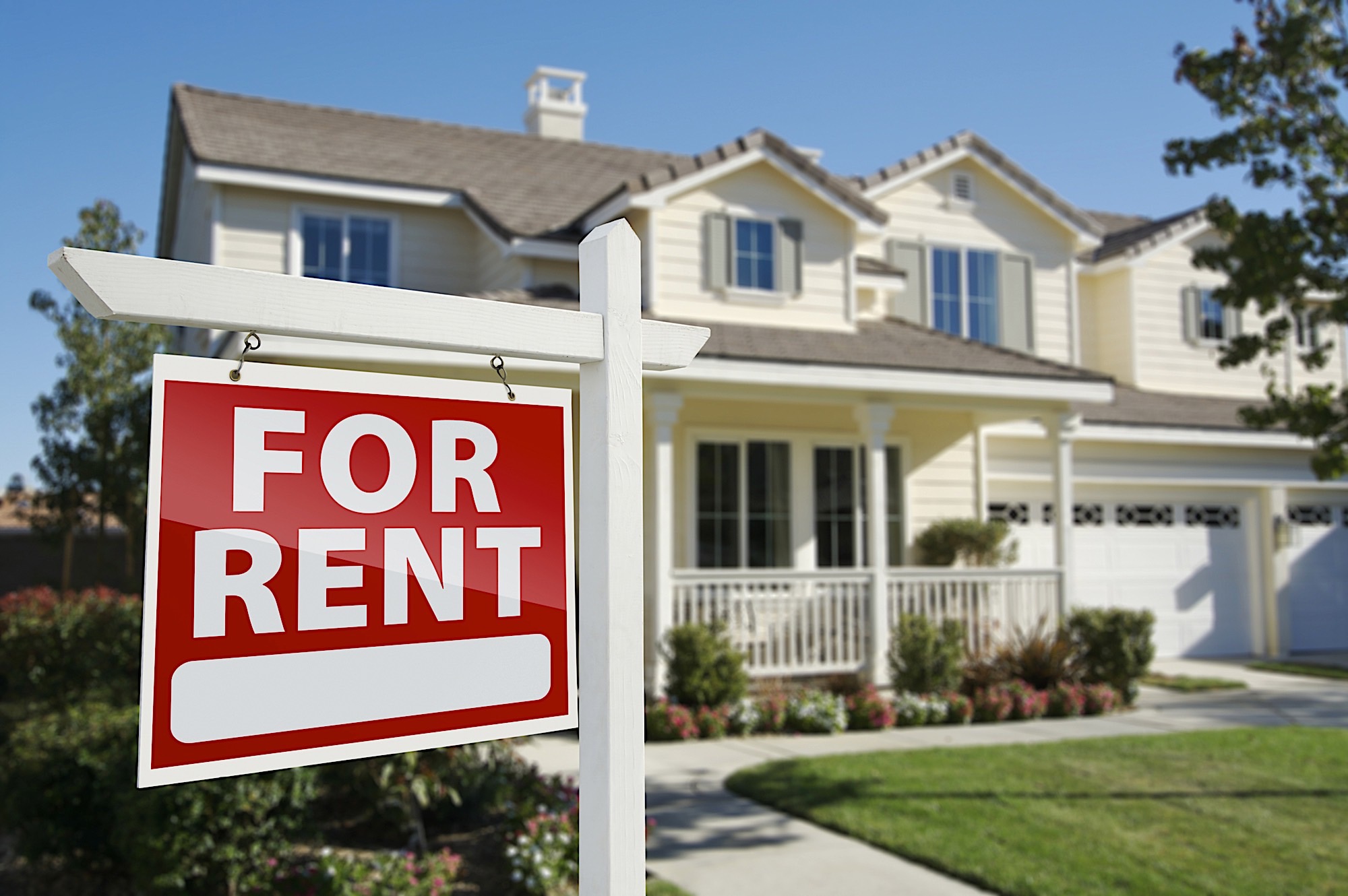Some of the best investments require a leap of faith. You have probably heard for a while that to make money in real estate you need to think outside the box. One of the most out of the box buy and hold opportunities is with student housing rentals. On the surface, these may seem like more trouble than they are worth but when you break down the numbers the ROI can be through the roof. Like any other investment, choosing the right location and quality management are critical to success. For every investor who despises student rentals there are a handful that sing their praises to anyone that will listen. Like anything else in real estate, it is essential for you to do you own diligence and gather all the information prior to making a decision. Here are a few pros and cons with investing in student housing rentals.
Pros
- Large Rental Pool: An investment in a college town is an investment in education. When is the last time you saw a college or university close? Nothing has grown more over the last decade than the cost of college and the need for higher education. When you buy a rental near a school you have a built-in rental pool. Most upperclassmen are required to live off campus, or at least have a strong desire to. Depending on the school this could mean literally thousands of students who may want to rent your property. If you take care of your property and market in the right places you won’t have to worry about finding tenants. This should give you confidence that your property will avoid vacancy and be a strong investment.
- Consistent rent prices: Rent prices are usually not just thought up out of thin air. They are greatly influenced by supply and demand. Since student rental properties are typically in demand, you can be confident you can get your number. This doesn’t mean you can swing for the fences and price yourself out of the market. It means that you should be able to charge market prices and get them year in and year out. Renters may be more inclined to pay a little more every month because it may actually be a savings in relation to what they would pay to live on campus.
- Vacancy reduction: The amount of vacancies with student housing rentals should be minimal. The key is to adjust the dates on the lease to start in the summer months. Instead of ending the lease after the school year and starting in August you can start the lease on June 1st. This allows you to avoid any vacancies for June and July and keep a solid 12 months of rent. Most tenants won’t have an issue with the lease starting before they arrive on campus. It gives them plenty of time to move in and get things situated exactly how they want. Additionally, for a house the really want the extra two months of rent is a minimal expense.
Cons
- Turnover: Even if you are lucky to get a junior interested in the property, the max time they will stay there would be two years. A more common scenario is to rent to seniors who will stay for just one lease. This leads to plenty of turnover with the property. With that you will have to find new tenants every year which means plenty of showings, marketing, applications and documentation. If there is an issue with the property or the security deposit it could alter the timeline and pull time and focus away from other areas of your business.
- Maintenance: The biggest reason that most investors stay away from student housing rentals is because they want to avoid renting to tenants. Most students are right around the legal drinking age and have never lived away from home before. This produces plenty of calls about almost everything in the house. They don’t know much about a fuse box, furnace or boiler. It will also produce a fair share of simple maintenance calls. Students will not treat and take care of the home, and appliances, the same way a newly married couple would. The couple knows they want to live in the house for the foreseeable future where the students know they are out at the end of May.
- Management: If you own a student rental, you should expect a higher need for management. As we stated, you are renting to young adults who have never lived away from home before. They will call you at all hours of the night, usually with items that are far from an emergency. They may have problems with the neighbors and issues with property. You can expect to make a trip to the property at least once a month for something that is a relatively simple fix. You will also have to deal with moving in and out which will be filled with plenty of questions and time. Most students are well intentioned and things will go smoothly, but there will also be a lease that can make you second guess ownership.
Like any other buy and hold investment let the numbers be your guide. With student rentals the numbers will be in your favor, but you also need to account for management. Don’t listen to a disgruntled landlord who may have had a bad experience. Do you own diligence and make your own decision.







